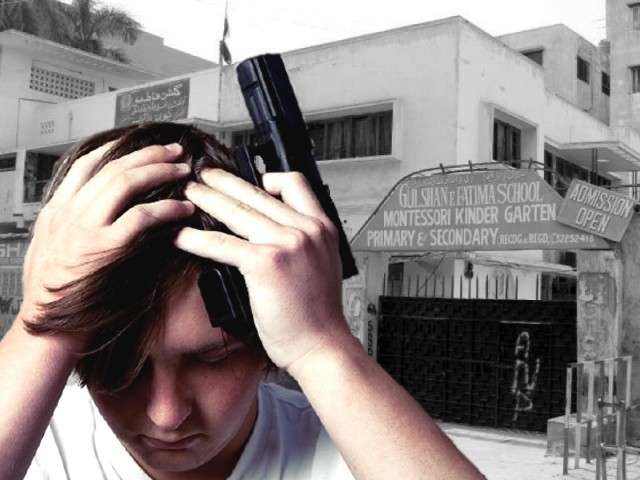http://www.pakistantoday.com.pk/2015/12/29/comment/just-who-and-what-are-we-celebrating/
Galileo once said: ‘I do not feel obliged to believe that the same God who has endowed us with sense, reason, and intellect has intended us to forgo their use and by some other means to give us knowledge which we can attain by them.’
Well, here’s Christmas come and gone with a fa la la la la, and Eid Milad-un-Nabi over too with some ringing sermons and a bunch of na’ats. One I heard was set to the tune of one of Noor Jehan’s earlier songs.
I really don’t know if Christ would have approved of Santa Claus, or Rudolph the Red Nosed Reindeer, but the Prophet Muhammad (PBUH) would surely be aghast at the way his birthday is celebrated in this country today, quite apart from his grief at all the other things that are done in the name of the religion he taught. This is the man, remember, who strapped a stone to his stomach when food was short, and ate as little as the next man, to withstand a lowered consumption of food. Yet in Pakistan, which is undergoing an acute power shortage, ‘district administrations, government and private organisations made elaborate arrangements to illuminate and decorate buildings and parks’, and ‘major mosques in cities and towns were festively illuminated to celebrate the birth of the Holy Prophet (PBUH)’. That’s the government and the clergy, of whom one ought to be able to expect better… but we know better than that.
According to the Associated Press of Pakistan, Pakistan has an electricity requirement of 18,000 megawatts, but with a generation of just 13,240 megawatts it faces an electricity shortfall of 4,760 megawatts. As a result, Lahore undergoes a total of ten to twelve hours of load shedding every day while the scheduled electricity load shedding in Karachi is ten hours. In addition the people of Karachi face an acute water shortage because of the power shortage, since pumps are unable to work without electricity. In the rural areas, the bread basket of Pakistan, the daily power outage has gone up to a mind boggling sixteen hours a day.
During this last summer a heat wave with temperatures topping 44 celsius killed more than four hundred persons in Karachi alone because of power shut downs. Also during one of these prolonged power outages, the incubators in which four premature babies were being nursed shut down and the four little babies died.
The textile sector provides employment to around forty percent of Pakistan’s industrial labour force but it has suffered huge losses because of the high cost of gas and electricity with expected repercussions for the workforce. Due to the power shortage factories are working at around sixty percent of total capacity and exporters have been unable to meet their commitments.
And yet on Milad-un-Nabi mosques, streets and buildings were decorated with enough lights to illuminate the city for a month. Can we really think our Prophet (PBUH) would appreciate this method of celebrating his birthday? Where in this landscape of dying infants, homeless, unemployed, heat-exhausted citizens do we see that man with a stone strapped around his middle?
The birth of the Prophet Muhammad (PBUH) could be celebrated in a million better ways. Some people have come up with wonderful ideas for helping the poor and needy and what is to stop us from supporting them as a means of paying homage to the greatest humanitarian the world has ever known?
A young man has been distributing quilts to homeless people sleeping out of doors. A quilt means the difference between a warm night’s sleep and hypothermia to a homeless person with perhaps a small child. A single quilt costs around a thousand rupees. That’s less than the cost of a single large pizza and much, much less than a night out on the town for a bachelor and his friends.
The livelihood provided by a rickshaw can mean the difference between hunger and a full belly for an entire family. A rickshaw costs around a hundred and eighty thousand rupees to buy, the price of some laptops and less than the price of others gadgets using which we play useless games, watch movies and listen to songs.
A retired army officer runs a free clinic and education centre. He also distributes bags of ration to the poor every month. The smallest of these bags includes two kilos of ghee, ten kilos of flour, spices, tea etc and costs eleven hundred rupees. It fills the basic requirement for a small family for one week. It costs just under the price of a thick burger, regular fries and a 16 oz soft drink – junk food, still it is lunch for that very tiny segment of this society that can afford it.
In choosing illumination above any such action where does Islam or its Prophet (PBUH) or any of the principles and priorities taught by either come in?

